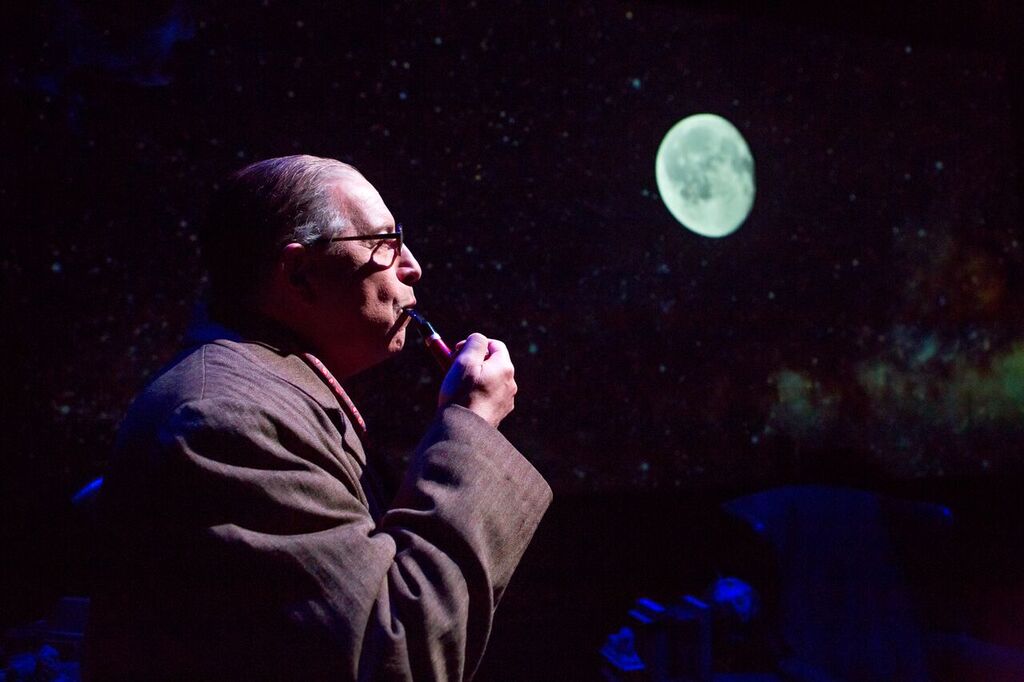It’s not that I ever pictured C. S. Lewis as a sixteen year old girl. It’s that when I was one, and reading Surprised by Joy for the first time, I thought of him as a peer. Was this because he had such a vivid memory, such accurate recollection of his own sixteen year old self? Or because, describing aesthetic experience, speaking to my reason in a rigorous and challenging way, he was my friend? Because this is how friends, how peers, speak to each other, as Lewis (of course) discusses in The Four Loves: They share a good, they share a pursuit, a quarry. Friends do not, or don’t exclusively, face each other. They face the world shoulder to shoulder.
Login to read more
Sign in or create a free account to access Subscriber-only content.
Topics:
